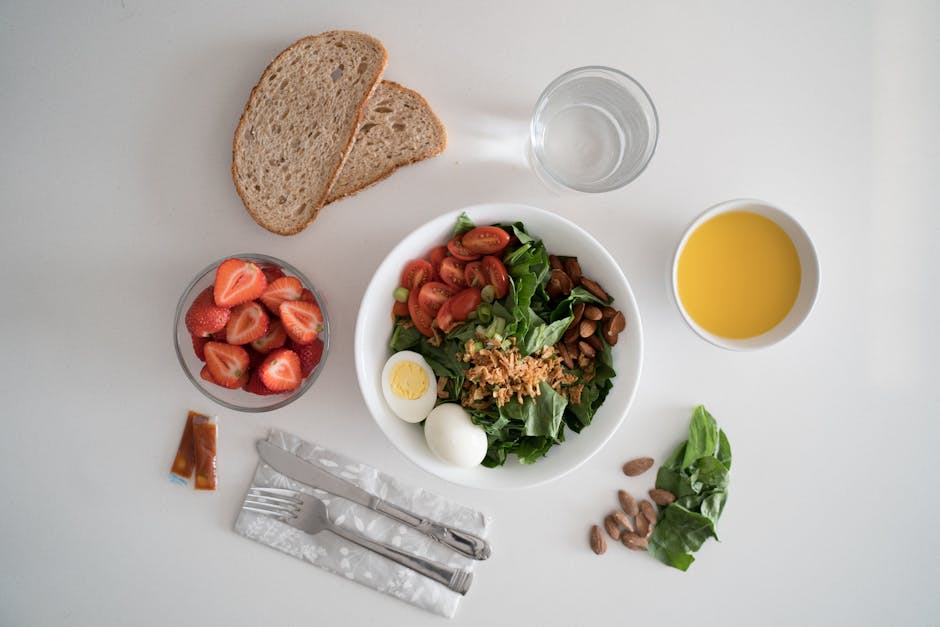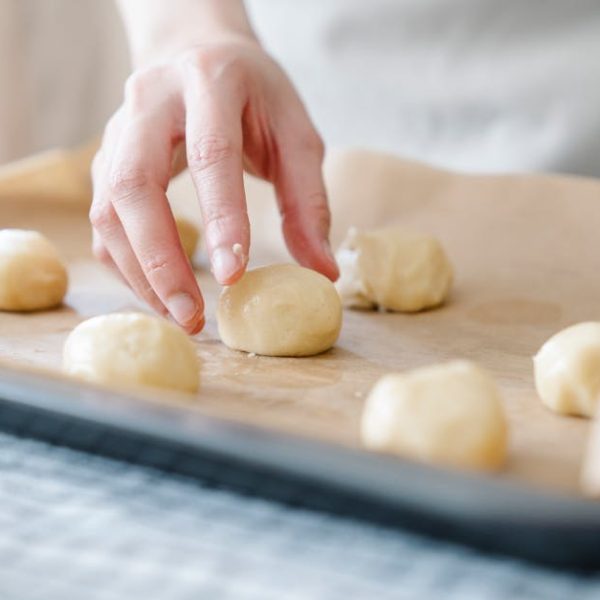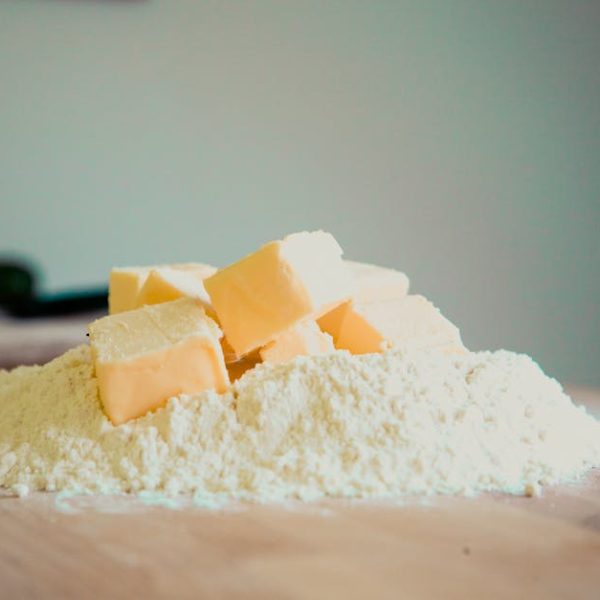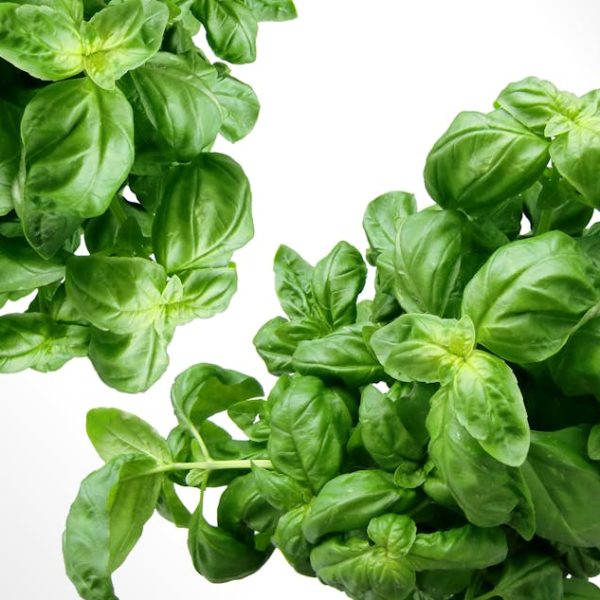The key to making hard boiled eggs last longer starts with understanding how to store them properly. Improper storage can lead to potential health risks due to microbiological spoilage. Therefore, following basic principles of egg freshness and safety is crucial.
Factors that contribute to the prolonged shelf life of hard boiled eggs include:
- Strict temperature control: An ambient environment invites bacterial growth, spoiling the eggs faster.
- Proper handling hygiene: This avoids cross-contamination, ensuring longer freshness.
- Correct storage: This prevents unnecessary exposure to air and moisture.
Pro tip: To quickly differentiate between hard-boiled and raw eggs, simply spin them. A hard-boiled egg will spin smoothly while the raw egg wobbles due to the liquid inside.
Improving Shelf-life Through Proper Egg Cooling
Many may overlook the importance of cooling, but it plays an essential role in extending the shelf life of hard boiled eggs. How you cool the eggs after boiling determines whether they’ll last for the next meal or the next week. For instance, eggs that are cooled immediately after boiling tend to last longer than those left at room temperature. This is because the rapid drop in temperature minimizes the risk of bacterial growth.
To achieve rapid cooling, consider options like using an ice bath or running cold water over the eggs.
Using Sealable Containers for Hard Boiled Egg Storage
The use of sealable containers for hard boiled egg storage is an effective method of ensuring their longevity. They limit air exposure which reduces the risk of bacterial invasion, thereby keeping the eggs fresher for a longer period.
When picking a sealable container, consider the following factors:
- Ensure a tight seal: This prevents air and moisture from entering the container.
- Material: Opt for BPA-free plastics to avoid harmful toxins.
- Size: Avoid overly large containers which tend to trap excess air.
Pro tip: Try to position the eggs with the straight side facing upwards. It helps to minimize moisture accumulation around them.
Ensuring Optimal Refrigeration for Longer Shelf-life
Refrigeration is vital in the quest to make hard boiled eggs last longer. According to the USDA, eggs should be kept at a temperature below 40°F for maximum freshness.
Avoid the following refrigeration missteps to ensure your hard-boiled eggs remain fresh:
- Storing eggs in the door compartment: This causes temperature fluctuations which may shorten their shelf life.
- Refraining from cooling eggs completely before refrigerating: Residual warmth can elevate the inside temperature of the fridge, promoting bacteria growth.
- Overcrowding the refrigerator: This creates inconsistencies in temperature.
Consider storing your eggs in the middle of the refrigerator where the temperature is most consistent.
Importance of Consuming Hard Boiled Eggs Within Safe Period
Eating hard boiled eggs within the recommended safe period is non-negotiable for your health. According to foodsafety.gov, hard boiled eggs should be consumed within one week of cooking. Consumption after this period significantly increases the risk of foodborne illnesses due to bacterial growth.
Telltale signs that your hard boiled eggs have spoiled include:
- Unusual or foul odor, a clear sign of bacterial growth
- Unnatural discoloration on the surface or inside the egg
- Mould formation on the shell or inside the egg
Pro tip: When reheating hard-boiled eggs, be sure not to overcook. Overheating can lead to a rubbery texture and an unpleasant taste.
Adopting the First-In First-Out (FIFO) Approach for Stored Eggs
The FIFO method can be a game-changer for making your hard boiled eggs last longer. This method ensures that the oldest eggs are consumed before the fresher ones, thus decreasing waste and ensuring you only consume the freshest eggs.
Here’s how to implement this method effectively:
- Arrange your eggs in the order of their cooking dates, with the oldest in front and the freshest ones behind.
- Always consume the eggs in the front first.
- When you add fresh hard boiled eggs into the mix, ensure they go behind the older eggs.
A best practice here is to always label your eggs with their boiled dates. This makes it easier to keep track of their freshness and effectively practice FIFO.
Key Takeaway:
- Understanding correct storage techniques, proper handling hygiene, and acknowledgement of the freshness period is crucial in prolonging the shelf life of hard-boiled eggs.
- Cooling eggs immediately after boiling minimizes bacterial growth, thus extending their shelf life.
- Utilizing sealable containers to limit air exposure further extends egg freshness.
- Refrigeration plays a critical role: cross-check factors like temperature consistency and correct positioning to optimize this.
- Eating hard-boiled eggs within the safe period is non-negotiable for health reasons.
- The First-In First-Out (FIFO) method ensures that older eggs are consumed before newer ones, preventing spoilage and waste.
Remember, eggs are not just a culinary delight, but also a nutritional powerhouse. Treat them right, and they’ll do the same for you – providing not just exquisite tastes, but also thorough nutrition. Navigate through the myriad of egg storage options and practices, and embrace the one that suits you and your needs the best.
FAQs
Q: How do I know if my hard-boiled eggs have spoiled?
A: Spoiled eggs generally emit an unusual or foul odor, display unnatural discoloration on the surface or inside, and can also exhibit mould formation on the shell or internally.
Q: Can I eat a hard-boiled egg that was left at room temperature for more than two hours?
A: It’s not advisable. Eggs left at room temperature for more than two hours can start to breed bacteria, impacting food safety.
Q: What temperature should I set my refrigerator to for storing hard-boiled eggs?
A: The USDA recommends that eggs should be stored at a temperature below 40°F to ensure maximum freshness.
Q: Is it okay to store eggs in the refrigerator door compartment?
A: Actually no, it’s not. Storing eggs in the door compartment causes temperature fluctuations, which may shorten their shelf life.
Q: How does the FIFO method help extend the shelf life of hard-boiled eggs?
A: The FIFO (First-In-First-Out) approach ensures that the older eggs are eaten before the fresher ones, preventing spoilage and waste.
Don’t forget to share this article with others who could benefit from these egg storage tips and explore more useful posts on our website.






